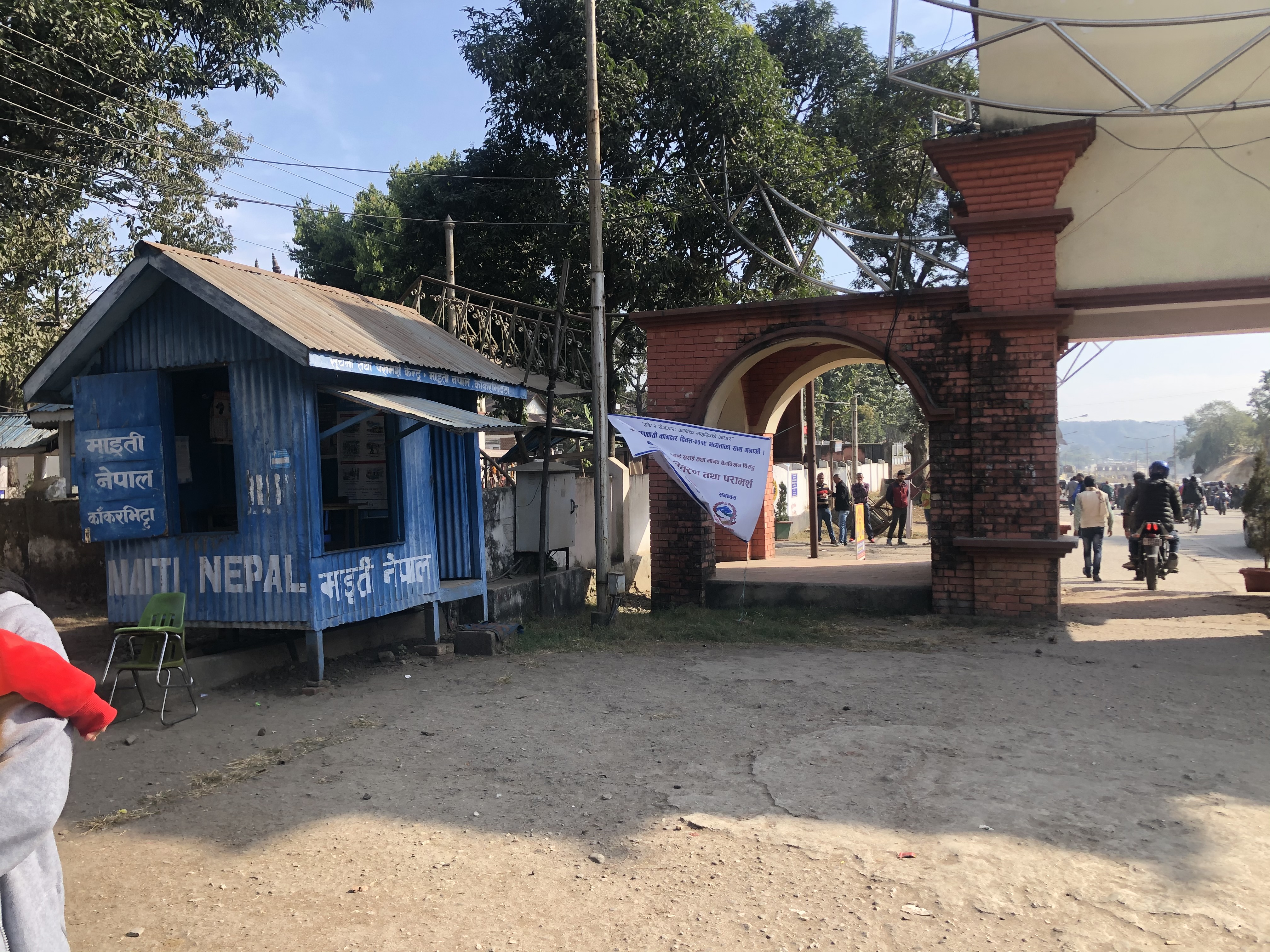https://us02web.zoom.us/j/83782457913?pwd=UE5lZlJydFVLcWJudmpZNnBZOHhMZz09
In this event, GAGE will situate our findings within current debates related to the broader themes of modern slavery and trafficking. This will include:
- unpacking the role of discriminatory practices driven by norms and values which push girls into the AES and which also render them vulnerable to abuse and exploitation;
- highlighting the need to address these root causes in order to prevent modern slavery and trafficking; and
- discussing how contemporary globalization gives rise to new forms of abuse and exploitation.
The workshop is a sharing/learning webinar where we aim to share our findings but also learn from other stakeholders who have been engaging in long-term research, policy and programming related to the AES in Nepal. Although not the focus, the current Covid-19 context in Nepal will also be brought out as a cross-cutting dynamic.
Agenda
- 1:45 – 1:55
Dr. Fiona Samuels, welcome and overview of Nepal GAGE programme
- 2:00 – 2:15
Dr. Karuna Onta (Chair), objectives of the workshop and sharing experience from her engagement in policies and programmes related to Modern Slavery, AES and Trafficking
- 2:15 – 2:30
Ms. Sita Ghimire, presentation from research on women and girls migrating for work in the entertainment business
- 2:30 – 2:45
Ms. Balkumari Ale, presentation of experiences of programme implementation in the Adult Entertainment Sector (AES)
- 2:45 – 3:00
Dr. Anita Ghimire, gendered experiences of adolescent girls working in the Adult Entertainment Sector (AES)
- 3:00 – 3:25
Q & A moderated by Dr Fiona Samuels
- 3:25 – 3:35
Summary and closing remarks by the chair
